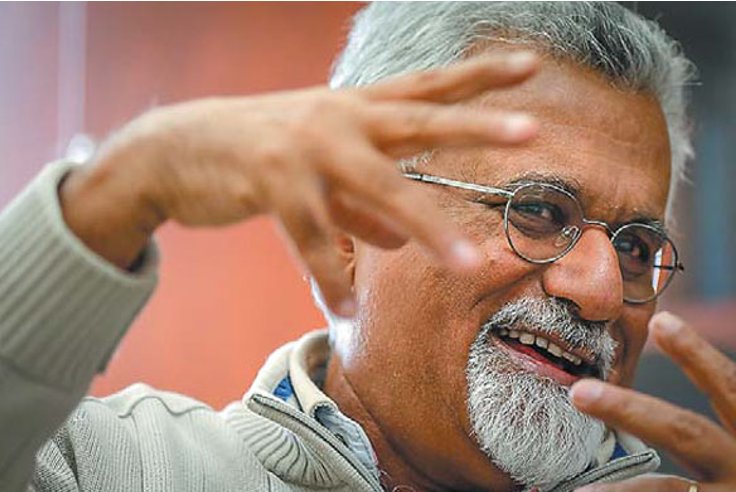Natarajan IshwaranAfter working with Asian elephant ecology and conservation in the context of river valley development in my native Sri Lanka that led to a Masters (1979) and Ph.D. (1985), I joined UNESCO in 1986. During my 26-year career in the UN I was Program Specialist for Ecological Sciences and Heritage for Southeast Asia based in Jakarta, Indonesia (1993-1996) and then Chief, Natural Heritage, World Heritage Centre (1996-2004) and Director, Division of Ecological and Earth Sciences and the Secretary of the Man and the Biosphere (MAB) Program (2004-2012) at UNESCO Headquarters in Paris, France. In 2012, I was awarded a 3-year residency in Beijing under the Chinese Government’s “Thousand Talents Program’ and I helped the Chinese Academy of Sciences (CAS) to establish and develop the International Centre on Space Technologies for Natural and Cultural Heritage (HIST) under the auspices of UNESCO. I left Beijing in 2015 and since then and I am a resident of Paris, France but travel and work on problems and issues linked to environment, biodiversity, tourism and sustainable development in Asia. Currently I am Editor-in-Chief of the Elsevier Journal, Environmental Development; I continue to serve as a Visiting Professor in HIST (see above) as well as in the Institute of Resources, Ecosystem and Environment of Agriculture (IREEA) of Nanjing Agricultural University, China. I am a Honorary Professor in the College of Social Sciences and International Studies, University of Exeter, UK.
|
This is my vision for community well-being in the face of Covid-19 and future pandemics. The COVID-19 pandemic has for the first time led to the abandonment of the singular focus on GDP and economic growth and raised public health as the number one concern of all nations. The post-pandemic recovery phase is a good moment to emphasize the need to broad-base our understanding and appreciation of human wellbeing beyond economic or any other single-sector measures (including even public health). Planet Happiness has suggested a way forward. Taking tourism destinations as the foci it is trying to contextualize the meaning of happiness and wellbeing based on impressions, perceptions and feelings of both residents and visitors. While it is impossible to base human wellbeing measures on everyone of the more than 7 billion humans, contextualization of wellbeing measures based on specific places and particular moments is a necessary first step before we attempt to prescribe global, national or even in-country provincial indicators. Context and community need to become the starting point for understanding the varied ways people link economic, ecological and social pillars of sustainable development to plan their futures. The better we appreciate and understand the diversity of people’s approaches to sustainability the more targeted our strategies and policies at higher hierarchical scales will be in serving people’s needs and aspirations. Hence, the Planet Happiness experiment to measure wellbeing of visitors and residents at tourism destinations is an important first in trying to establish links between the global and the local and deserves to fully supported by all organizations and institutions with a global agenda to improve local wellbeing.

